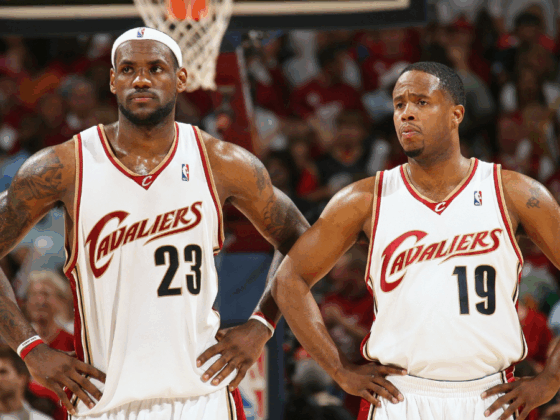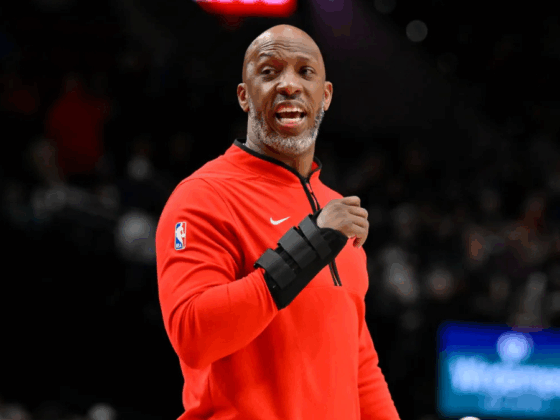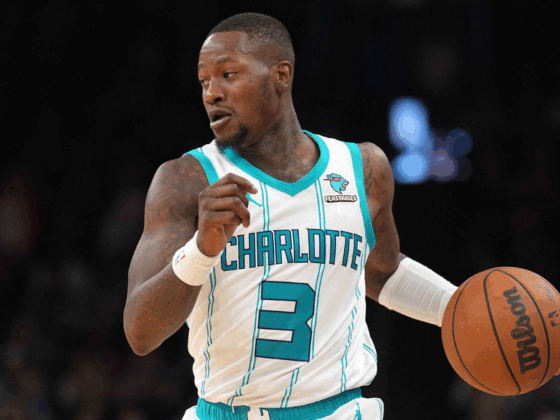
Lakers head coach, Byron Scott sat down with Bill Oram of the Orange County Register in a wide-range interview. Among the topics discussed were Kobe Bryant’s health and minutes, how Scott plans to play the young guys (in particular Julius Randle) and the state of the Lakers’ analytics.
In regards to Bryant, Scott mentioned that the veteran has been fully cleared since his season-ending shoulder surgery from last season as reported earlier this week. He also spoke about Kobe’s recent injuries and his own regrets about overplaying the long-time star last year. Most importantly, Scott outlined the plan to keep Kobe playing in limited minutes throughout the season in order to keep him healthy and allow him to go out standing:
I don’t want him to go out hurt. I want to make sure I do everything in my power to make sure we stick to the game plan, as far as his minutes and as far as back-to-back games.
Scott also discussed whether or not Randle would start right away. The second year pseudo-rookie will be in the middle of the Lakers’ biggest training camp battle at the power forward position with veteran Brandon Bass also capable of starting. For his part, Scott mentions that he will not automatically name the former Kentucky star as the starter unless he can prove that he deserves it:
Kind of the same way I brought Jordan [Clarkson] along. I won’t throw these guys out in the fire unless I think they’re ready. No matter if they were the second pick or the 46th pick.
Finally, Scott also talked about the Lakers’ analytics department and what to expect from it in the upcoming season. The team has justifiably taken a lot of heat for its lack of forward progress in analytics, including Scott’s infamous “threes don’t win championships” remark last summer. However, it seems as though the team is finally making a push to catch up to other franchises and Scott believes that will have a big impact on the team next season:
I wouldn’t say I had to compromise, it’s basically for me, it’s adding certain things to the element of us being a little more successful. The analytical part, like I said, I wasn’t a big proponent in it, but Clay (Moser) is a guy who’s kind of our go-between to make sure the analytical guys understand exactly what I want, and also to make us understand exactly what they’re doing. He’s kind of our buffer. Mark is a guy who knows it extremely well, so are we using a it a lot more this year? Absolutely.
There are a lot of other great tidbits in the post so make sure to check it out.






